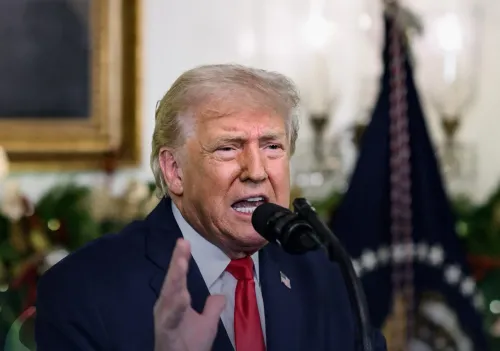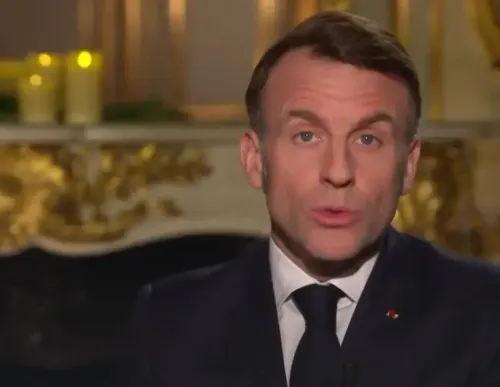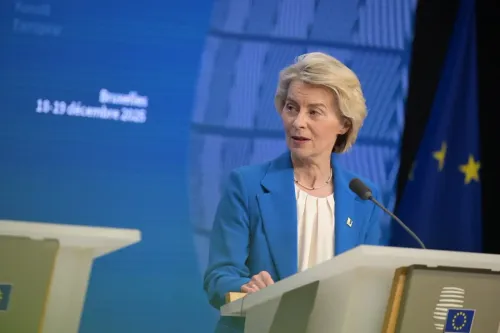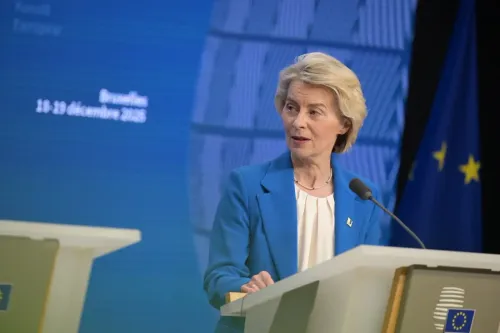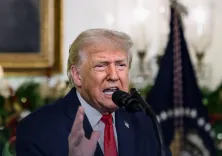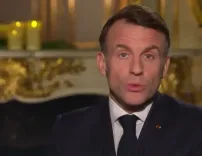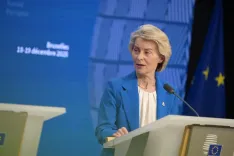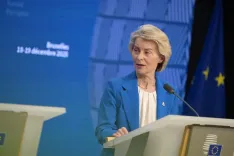South Korea: PM Han Duck-soo's Impeachment Rejected Amid Martial Law Controversy
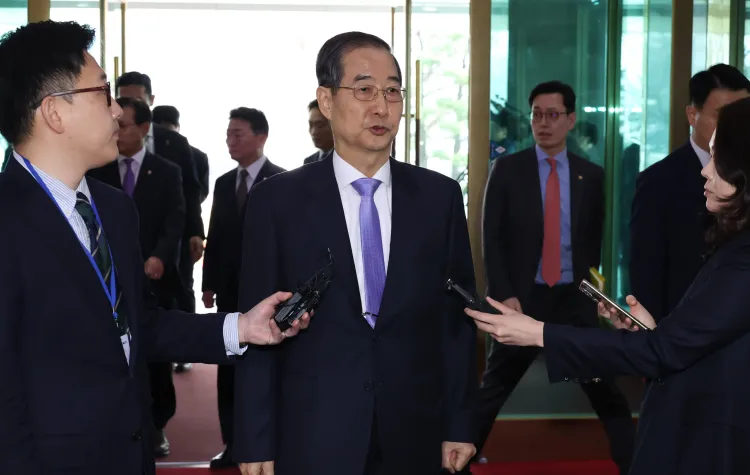
Synopsis
Key Takeaways
- Constitutional Court dismissed Han Duck-soo's impeachment.
- Ruling restores him as acting president amidst political turmoil.
- The court found no evidence supporting the National Assembly's claims.
- Quorum for impeachment was set at 151 lawmakers.
- Han expressed gratitude for the court's decision.
Seoul, March 24 (NationPress) The Constitutional Court of South Korea has dropped the impeachment proceedings against Prime Minister Han Duck-soo, restoring him as the acting president amidst the unrest following suspended President Yoon Suk Yeol's temporary enforcement of martial law.
The decision was reached by the court's eight justices, with a 5-1 vote in favor of dismissing the impeachment. Two justices decided to reject the impeachment motion altogether.
This ruling comes three months after the National Assembly initiated the impeachment against the Prime Minister due to his alleged involvement in Yoon's martial law declaration on December 3, among other accusations, as reported by Yonhap news agency.
Four out of the five justices who chose to dismiss the impeachment acknowledged constitutional and legal violations in Han's decision to postpone the appointment of additional justices to the court. However, they concluded that these infractions did not warrant his removal from office.
Justice Chung Kye-sun, the sole justice supporting the impeachment, argued that the violations were serious enough to justify his ousting.
Chung also highlighted the significant violations related to Han's failure to promptly seek candidate recommendations for a permanent special counsel to investigate insurrection accusations against Yoon.
The six justices who participated in the ruling found no evidence supporting the National Assembly's claims that Han had taken proactive steps to legitimize Yoon's martial law declaration, such as convening a Cabinet meeting prior to its announcement.
Additionally, most justices agreed with the National Assembly that a quorum of 151 out of 300 lawmakers was necessary for Han's impeachment, applicable to a prime minister, rather than the 200 required for a president.
Two dissenting justices argued that the quorum for a president should have been considered, given that Han was acting as president following Yoon's impeachment less than two weeks earlier, and voted to dismiss the impeachment motion entirely.
The accusations against Han included attempts to establish a joint governance system with then-ruling party leader Han Dong-hoon and his refusal to endorse two special counsel bills aimed at Yoon and First Lady Kim Keon Hee. The court found these claims unsubstantiated.
Upon the verdict's announcement, the Prime Minister arrived at his office and stated, “I express my gratitude to the Constitutional Court for its prudent decision.” He added, “I will prioritize addressing urgent matters.”
This ruling was closely monitored as an indication of the court's stance on the allegations presented against Yoon in his impeachment trial.
The court has yet to disclose when it will announce its ruling on Yoon's case; however, many analysts expect it could be revealed later this week.


